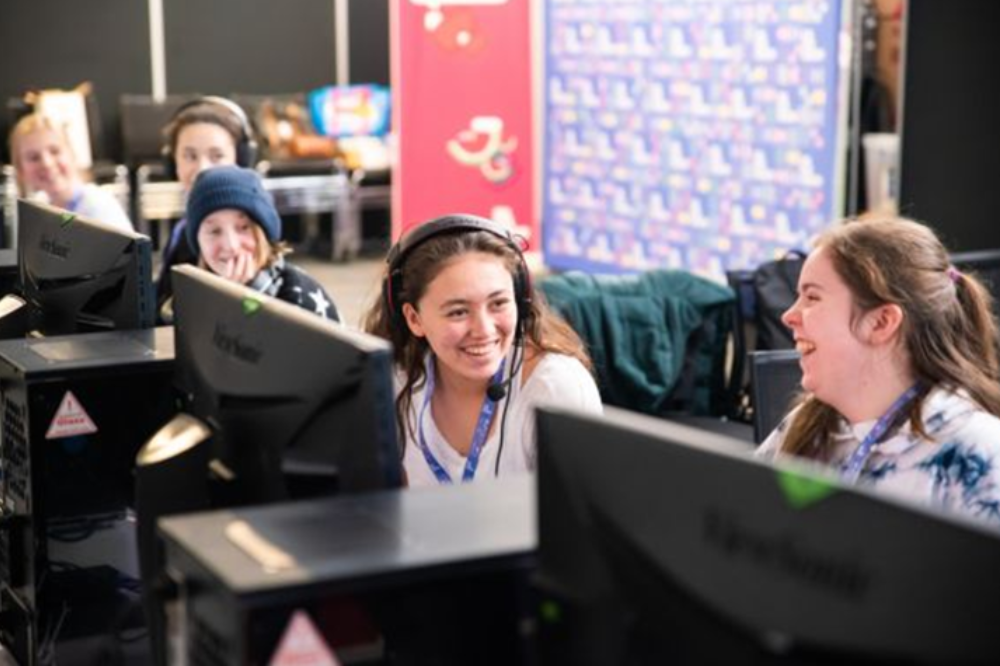
Despite 81% of women believing STEM is critical to Australia’s future, just four-in-five young women and girls hesitate in choosing to study in this field. An important subject in this mix is Digital Technologies, including AI, which many future jobs will depend on.
A study conducted by ACER for CSIRO during 2022 found that a greater proportion of secondary teachers felt boys were more confident than girls in STEM subjects compared to primary teachers, particularly in technology subjects (71% of secondary, compared to 48% of primary teachers).
The researchers noted that promoting digital technologies in schools as an inclusive subject area and incorporating it in multiple subject areas could help girls, and all students, gain confidence to pursue this option in high school.
For its part, social enterprise Girl Geek Academy recently launched an initiative to help level the playing field. The organisation aims to bring one million women and girls into technology careers by 2030 through a range of programs, most recently teaching A.I. skills to over 1,000 high school girls.
The company is now challenging high school principals to ensure their girls are enrolled in ‘AI High’ – a community of 2,000 high school girls and non-binary folk which learns AI together. The initiative, backed by the Telstra Foundation, creates “a community of high school students making friends, building AI together and preparing themselves for a bright career in technology.”
Girl Geek Academy Co-founder Lisy Kane said the initiative promises to equip young women and gender-diverse students with the necessary tools to become leaders in the technology sector.
“Learning AI is pivotal in closing the gender divide in tech,” Kane said. “AI High will enable young women to not only benefit from, but be play a leadership role in the creation of new AI technologies.”
Kane pointed to a recent report from ANU which shows a significant drop in student enrolment in information and communication technologies (ICT) subjects in Years 11 and 12 in Australian schools, leading to fewer students likely to pursue ICT in further education and professional careers.
“Studying technology subjects is often an isolating experience within your own school: there’s a lack of community and it’s rare to find mentors who are passionate about sharing new technology,” Kane said.
“However ‘pair programming’ with mates is critical to building new tech, and this program will connect young people at a national level to work together and meet new friends, regardless of where they live.”


